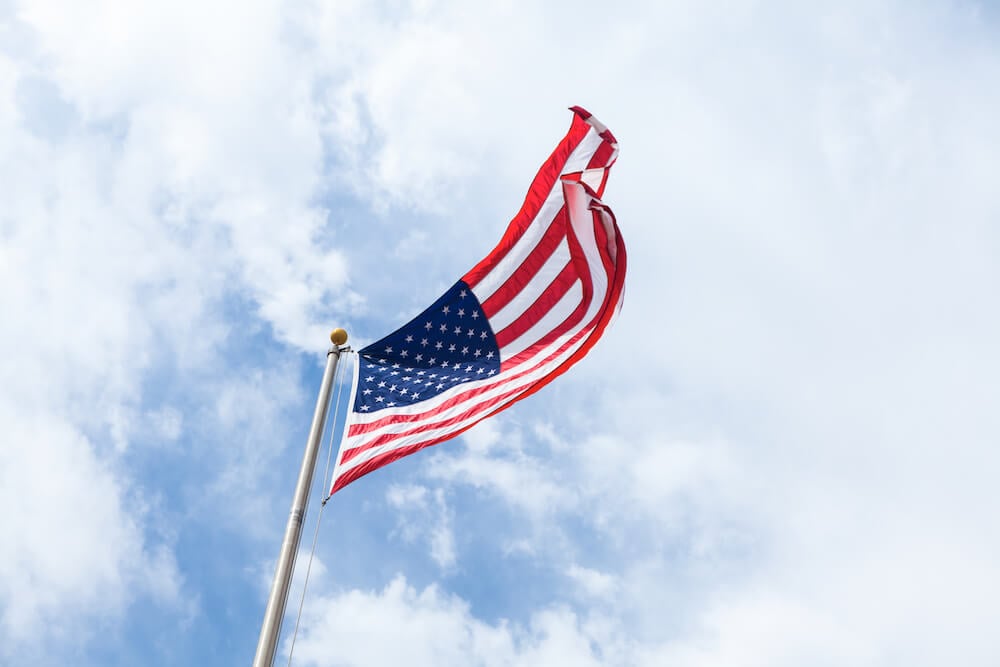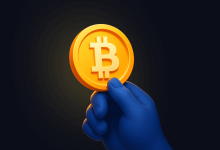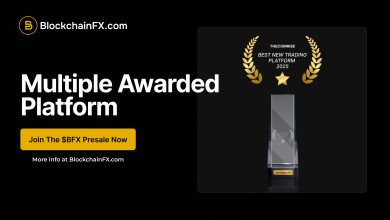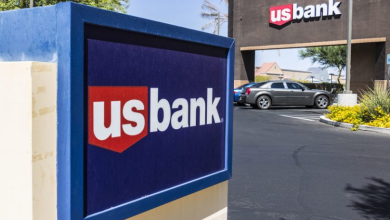ISDA Explores Tokenized Collateral to Boost Market Resilience


Lessons from Recent Market Shocks
The push toward tokenization stems from lessons learned during episodes such as the 2020 dash for cash and the UK gilt market crisis in 2022. These events demonstrated how sudden spikes in variation margin (VM) calls can trigger severe liquidity drains, destabilizing markets when cash and government securities become scarce. Tokenization could provide market participants with more flexibility by making a broader array of assets viable for collateral use.
Shifts in Collateral Use
According to the ISDA Margin Survey, derivatives market participants subject to the non-cleared margin rules collected $1.5 trillion of initial margin and VM by the end of 2024, marking a 6.4% year-on-year increase. However, the composition of VM has shifted:
- Cash fell from 80% of VM in 2020 to 68.3% in 2024.
- Government securities rose from 12.7% to 17.8%.
- Other securities grew from 7.4% to 13.8%.
These figures highlight a growing appetite to diversify collateral beyond traditional cash and government bonds. Yet, adoption has been constrained by economic, capital, and operational barriers.
How Tokenization Could assist
ISDA notes that tokenization can streamline collateral workflows. For example:
- Money market funds (MMFs): Tokenized MMFs could be posted directly as collateral, eliminating the need for cash transformation and reducing operational risks.
- Gold: Tokenized representations of gold could remove logistical hurdles tied to physical delivery, making the asset a practical form of collateral for the first time.
By digitizing assets, tokenization offers efficiency, flexibility, and the potential for real-time mobilization across platforms.
ISDA’s Two-Pronged Approach
To unlock this potential, ISDA is prioritizing two critical areas:
- are supported by robust documentation and legal certainty. A key focus will be regulatory recognition of tokenized assets as eligible collateral under margin rules for non-cleared derivatives.
- Interoperability and standards: Promoting common standards, and messaging protocols to prevent fragmentation and reduce integration costs. ISDA’s Common Domain Model will be central in establishing consistent data standards across platforms.
ISDA emphasizes that tokenization represents a “powerful technological innovation” that could improve timeliness, efficiency, and choice in collateral management. However, widespread clarity, cross-border harmonization, and industry collaboration.
By working closely with financial institutions, regulators, and technology providers, ISDA aims to lay the groundwork for tokenized collateral to become a scalable, trusted component of global derivatives markets.







